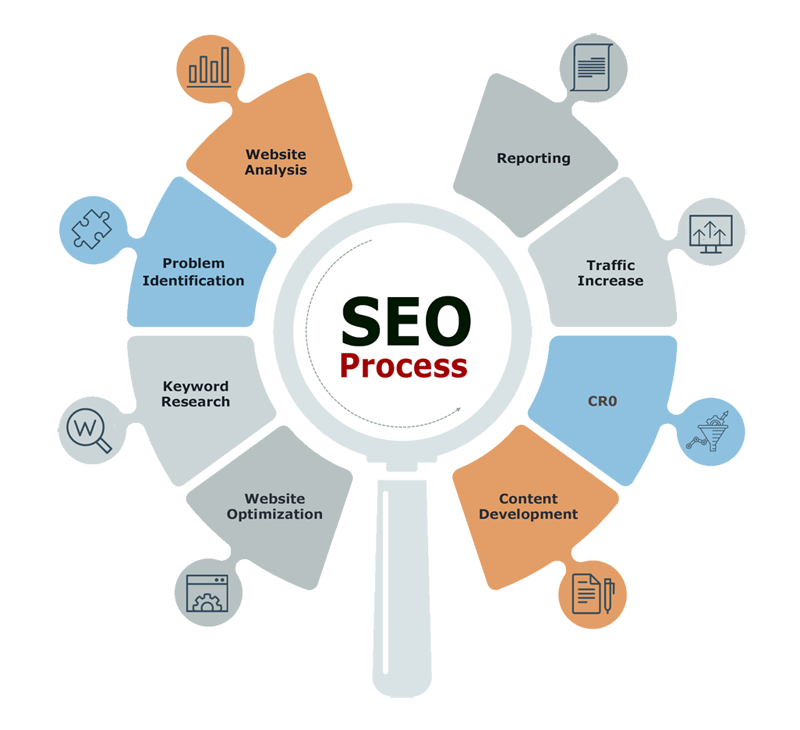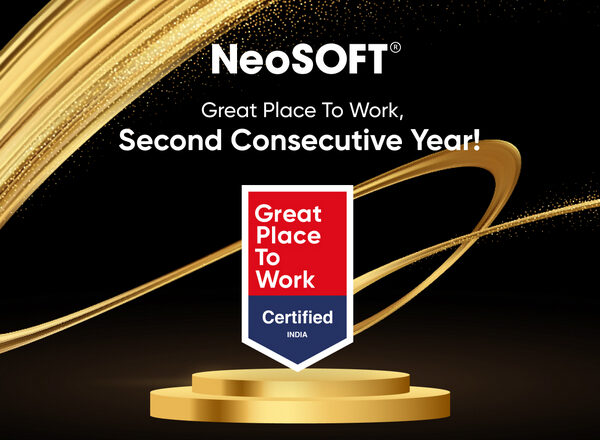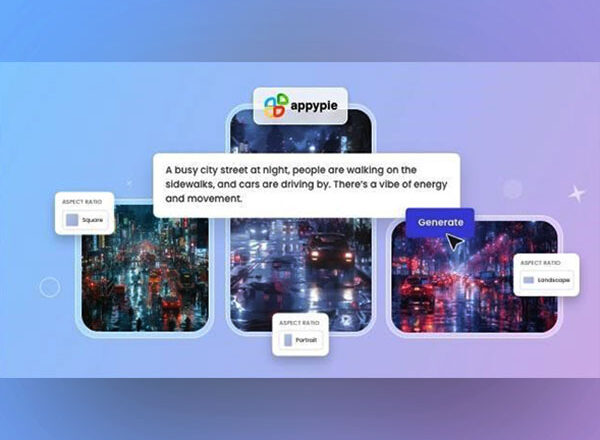SEO is a powerful tool that can help you win clients and convert them into sales. Do you think there are only 11 aspects of SEO that you should know? It’s far from the truth.
These are the most important pieces to get started. This will help you to implement the best SEO strategy possible for your clients and yourself.
1. Keyword Research
To identify your audience and industry norms in SEO, keyword search is essential. This will allow you to find the best user intent and what your audience is looking for.

What your audience searches for can be just as important as how they search. SEO strategies can be made or broken by subtle changes in keyword research.
You should also be able to understand the trends in the industry and the buyer personas, and how these affect the overall SEO strategy.
2. Analytics and Reporting
You can’t accurately report on the results of a campaign, so how can you expect to make the correct adjustments required for an SEO campaign?
Let’s get real about another thing. Some industries don’t require adjustments to keyword strategies by the hour or by the week. Most industries don’t even require adjustments every six months.
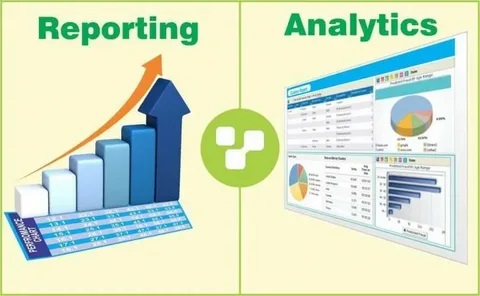
However, in an industry that is constantly changing, where the market changes quickly, it might be worthwhile to incorporate a quarterly, or even bi-monthly, keyword research task into your SEO process. This will allow you to know what audiences are looking for next.
This is how it fits into analytics reporting. It is easy to identify which keywords and landing pages are the primary drivers of your SEO process execution, and how they impact your overall SEO strategy.
This will allow you to make the right adjustments and ultimately find the next big thing for your industry.
It is crucial to have accurate analytics reporting. Are you truly successful if your analytics report that you receive approximately 6,000 visits per month in bot traffic?
3. User Intent
The next step to a successful SEO campaign is user intent behind keywords.
Let’s take, for example, the fact that your audience searches for “widgets I want to put together” in their primary search engine.

During your keyword research, you will find variations for “widgets to buy”, “DIY widgets” and “widgets that do the job”. Each variation results in a minimum tenfold increase in searches that lead back to your landing pages.
These would make a great addition to the overall SEO process. You would have missed these keywords if you didn’t do this keyword research.
It all depends on how you approach keyword research. You may discover more opportunities the deeper you dig.
4. Mobile SEO
Google’s mobile-first index is the de facto standard for searching. It focuses on mobile websites within its mobile-first index.
Important to remember that desktop websites will still be found in search results regardless of whether they are the best results for the query. Google’s shift to mobile-first signals the dawn of a new era: a simpler search engine for the masses.

This is just a warning. Dumbed-down? Are they not supposed to be getting smarter? Unfortunately, mobile search is the lowest common factor in search right now.
Web designers will no longer have unlimited options to create stunning website designs. All of it will be based on one standard: Android or iPhone. You’d better ensure that everything works well on both.
Apart from my rant about the evils of mobile SEO, I do sorry. While it is sad that Google chose to follow this path, forsaking all of that is beautiful in exchange for a few measly increased visits, this aspect is important to understand.
We can expect algorithm changes and updates to the mobile index of Google as it grows, just like the normal index.
Mobile websites that use m-dot (m.domain.com), are not recommended. These mobile websites can cause canonical URL issues and indexation issues, in addition, to duplicate content issues.
This author recommends that all websites adopt a best-practice mobile-friendly, responsive design in the future.
This is because it allows all versions of your website to be indexed equally and remains competitive in the new mobile-first index.
5. Crawling
Search engine spiders find your site through crawling.
Search engines won’t be able to crawl your site if your website architecture isn’t in order, your internal linking is off or you don’t have a file.
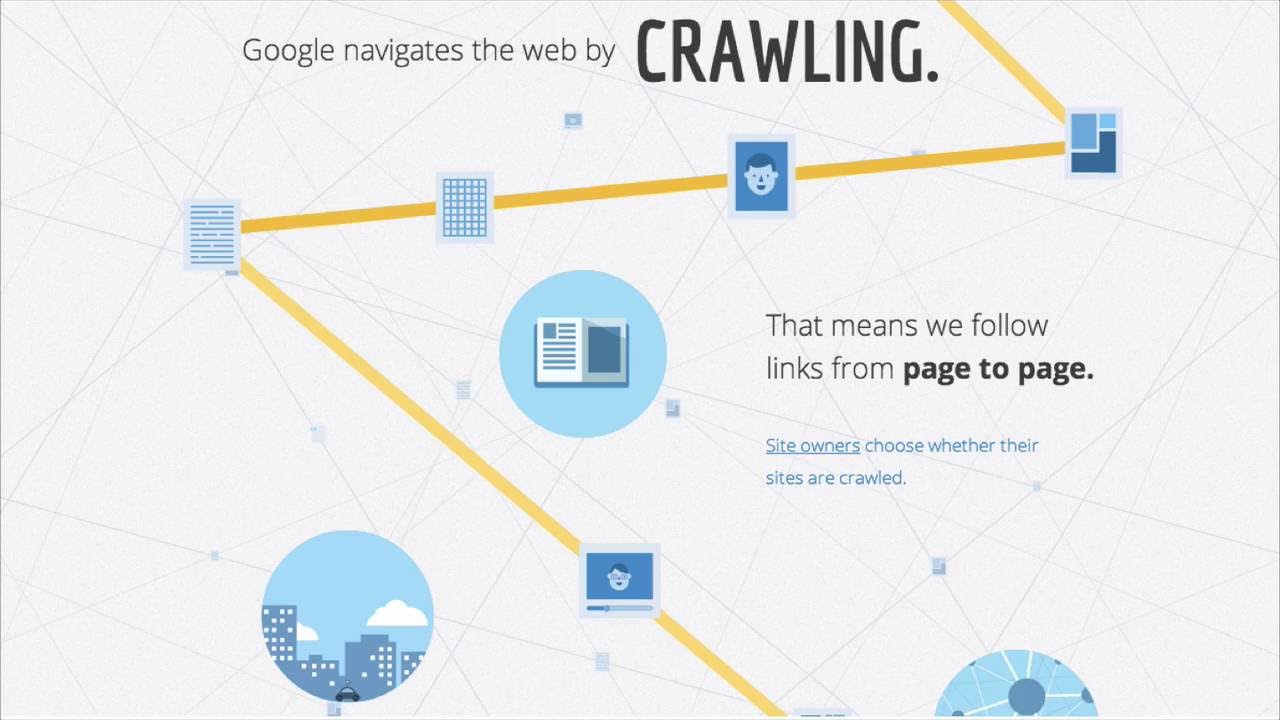
Additionally, crawling and indexing can be affected by major 404 error issues on the site.
There are also technical issues that can prevent spiders from crawling the site. The obvious solution is to remove the following line from robots.txt.

